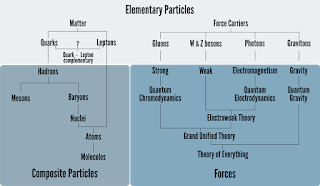Using quotes in presentations
Following the using text in slides spirit of the past weeks, in this post I share some of quotes I have gathered over the past year I learned about the use of quotes in presentations reading Guy Reynold's Presentation Zen. There are many reasons why you would like to use quotes in your presentations. Here are a few: They can summarize a point in a couple of words. They can add credibility to your point. Somebody said it better. They can help you transition to your next point. They make you look smart. They capsule high amount of knowledge in few words. As a tip, I would suggest to read the quote to your audience. It is one of those few times where reading a slide is a good thing. Also remember that the shorter the quote, the better. And as James Humes writes, try to use quotes of famous people as much as possible. I have seen some people using quotes in scientific and academic fields. Here are some of the ones I have collected. "Innovation proceeds more rapi

